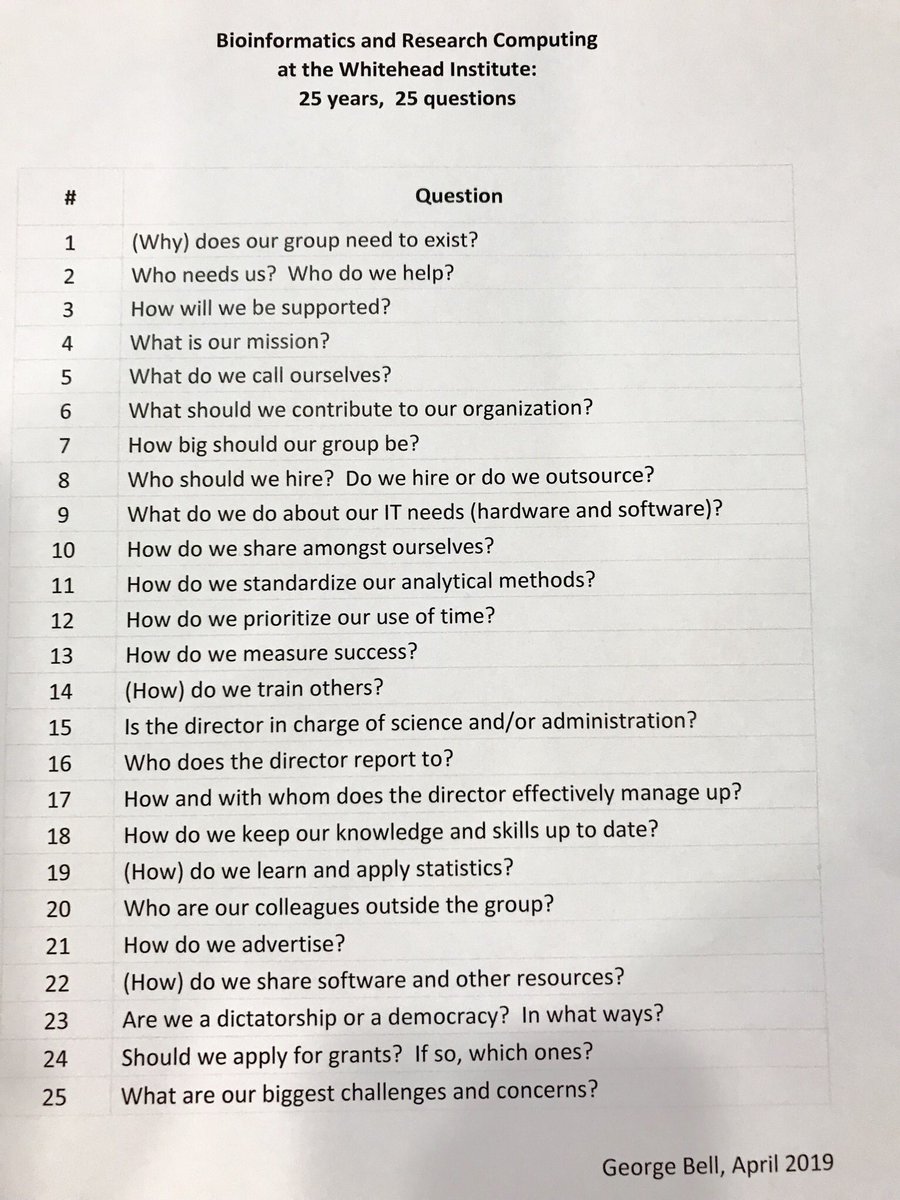Only 2 points to this :
Think of a lone guy, like me sitting alone in a office, doing work which few people understand in the lab. Biostar is fantastic platform, to give and take the thoughts/ideas/solutions and problems and helping you out when you really need someone around.
Regarding killing bioinformatics core, I have a feeling, Bioinformaticians now have a small pressure to do good research/analysis as at websites like Biostar, the papers can be exposed out for false/bad analysis. When we have journal clubs here in our lab, for some people, few graphs don't make sense, and some are not convinced with the analysis. People can now approach the forums, and ask for help, that is this really possible??
Biostars also provides a platform for discussing tools, methodologies and ideas, which a Bioinformatics core unit wont't discuss on a regular basis with other core facility. Here everything is global and people now have the power to discuss, analyse, asses the problems, provide solutions which can be readily cross-verified by the other experts in the field, else all work goes hidden, produced by few, supervised by some and analysed by others. If one is doing a good work, he/she really wants to be sure, if that's significant.
Asking experts globally is better than being in a state of state of confusion for long time or asking few people in a core facility.
Also, with Biostars, I think most of the questions are asked by the people who are already doing computational studies or somehow are related to computers, having previous experience etc., there would quite a few posts, where pure wet lab experimentalists are asking core bioinformatics questions except how to install this software, path problems etc. implying the Bionformatics core units, are still in business!!
In lets say 10 years, most of work will go high-throughput, which will require the biologists to learn basic programming skills, running data analysis pipelines, generating statistical graphs by themselves, at that point Biostars will be super boon for them and the core teams would be involved either in sophisticated tool development, guiding people or managing projects.
Current stats
We had 391 visitors in the past hour. 7,238 users have contributed 66,038 posts distributed as 9,296 questions, 20,052 answers and 34,197 comments
From the stats, just imagine if atleast 50% of the content created above enlightened few of us, derived to do better analysis and develop better tools, forced people to think hard and finally a discussion platform, where people can talk about science and using computation for solving some of the most challenging aspects, without paying any fees, I would say its awesome.



We could double our informatics staff tomorrow and within a month every one of them would be completely snowed under with analyses and a rapidly accelerating and untenable stream of incoming analysis/development/support requests related to data we already or soon will have. For reference we have 60-80 informatics staff (depending on how you count). About 50-60% of these might be considered 'core'. I don't see bioinformatics cores becoming less busy in the short to medium term. Especially since the academic funding system remains slow at increasing relative investment of resources in bioinformatics. This apparent inability to direct resources at a major research bottleneck is at times quite remarkable to behold. I have been working in the bioinformatics groups of genome centers for 10 years.
At least in terms of the bottleneck issue, I think one thing that probably should be made more clear is that the director of the core (probably) can't be involved with the specifics of every project. This may be a surprise to some people (if they are new starting a lab, for example).
From my experience, I believe this means the supporting staff kind of feel like they are bioinformaticians within labs (but are shared between multiple labs). In other words, I think this requires a fair amount of independence for the analyst assigned to a particular project / lab (and comfort in the PI suggesting biological ideas to critically assess results), but I don't really have a clear set of guidelines (agreed upon by other analysts/PIs/admins) that I can share as specific guidance.
Fully agree although it's usually the analyst that will step up and say: "This is what we can say based on the data and this is the part of your hypothesis that you need to further verify with additional experiments.
I find discussions with the lab members important for thinking about what sort of hypothesis to test with the (and what is worth pursuing, among various candidates identified using different methods).
However, I think we are in agreement that setting appropriate expectations and confidence in results (and time required for analysis) are important.
Yes, I fully agree .
Intuitively the word "killing" makes me think that you think that it is a bad thing that biostar takes over some functionality of the current bioinformatic cores. But that is not the case right? Do you just want to bring up the discussion about Biostars role in the bioinformatics community?
i agree the headline is somewhat sensationalized. I wanted to see if people thought the advisory role of the core is diminishing when quick answers are so much easier to obtain. What I learned was that most responders never considered the core was really designed to dole out advice in the first place.
Well, this bioinformatics core employee is quite grateful that biostars exists. I have even found old answers that I made and forgot about. I also love teaching biologists to do their own analysis. If they ever don't need me anymore, I'll find something else interesting to do. : D
Are fledgling chess players killing world champion chess players? They are the reason why there will be champions in the future :)